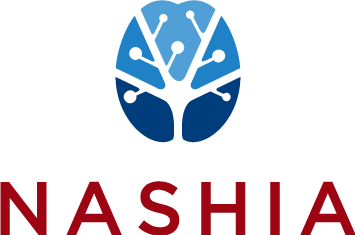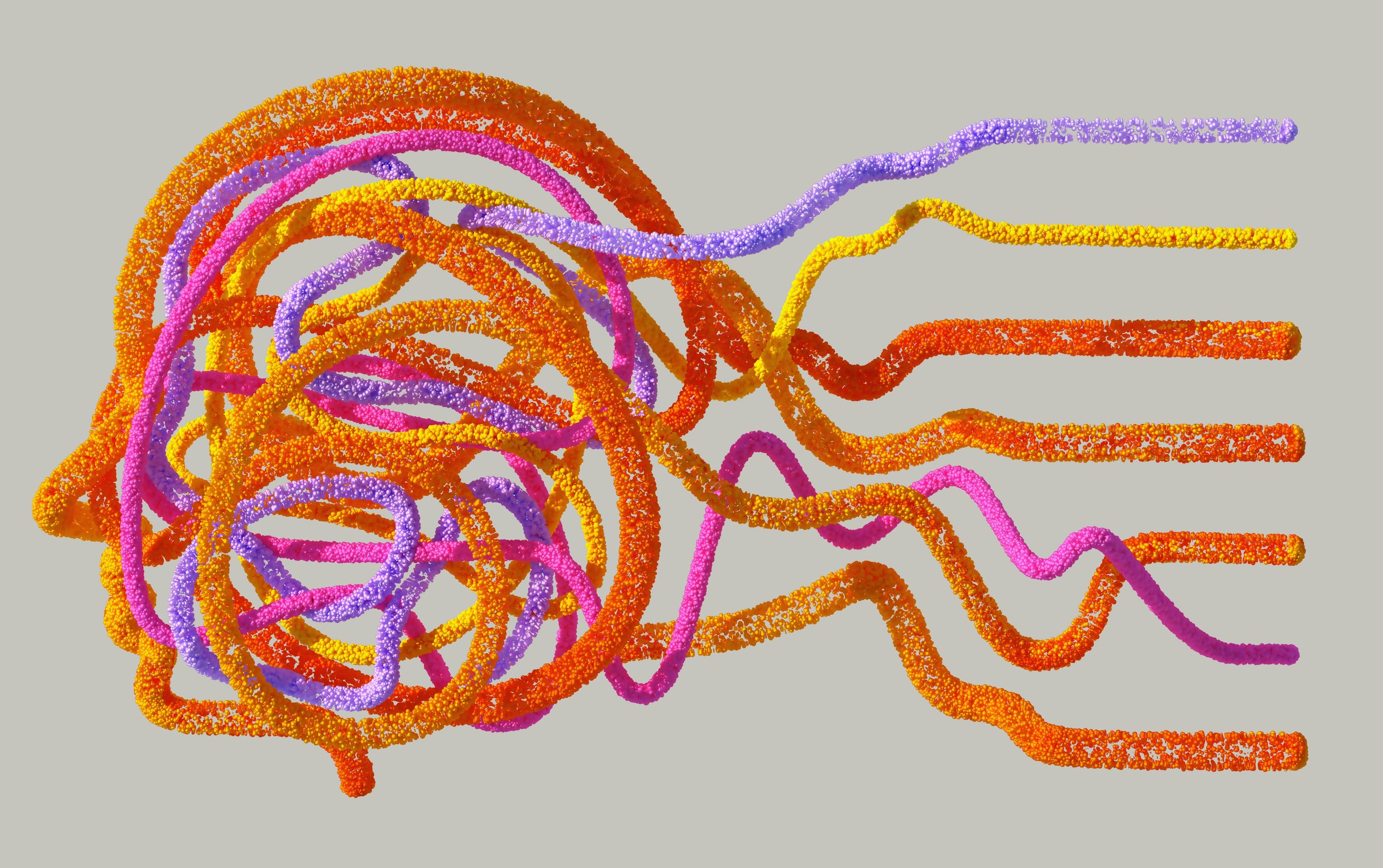Supporting Crisis Stabilization for Youth and Young Adults during Reentry
Produced by the Council of State Governments (CSG) Justice Center, this document emphasizes the critical need for crisis stabilization support for young people and young adults with behavioral health needs as they transition from correctional facilities back into the community. It highlights that many of these individuals have mental health disorders and are at high risk of experiencing crises, often due to pre-existing trauma or lack of appropriate care.
This resource underscores the importance of addressing the unique needs of this population to ensure successful reentry and prevent future crises.
DOJ and DHHS Guidance for Emergency Responses to People with Behavioral Health or Other Disabilities
In public guidance released last year, the U.S. Departments of Justice (DOJ) and Health and Human Services (HHS) emphasized that federal law mandates individuals with behavioral health conditions and other disabilities receive a healthcare response in situations where others would receive one, rather than a law enforcement response. This means that during a mental health crisis, a team of professionals with expertise in mental health should respond, similar to how an ambulance is dispatched for physical health emergencies. Failing to provide this response constitutes a violation of the civil rights of individuals with disabilities.
The Intersection of Deflection, Traumatic Brain Injuries, and Substance Use Disorders Podcast Series
In this podcast series, the National Association of State Head Injury Administrators (NASHIA) team explores the interconnectivity between brain injury, behavioral health, law enforcement, and the justice system. Through the episodes, the team interviews experts and discusses the prevalence, impacts, and best practices for law enforcement to engage in successful interactions with those living with brain injury and behavioral health conditions.
Modifying Psychopharmacologic Interventions for Traumatic Brain Injury
This brief, Modifying Psychopharmacologic Interventions for Traumatic Brain Injury, produced by ACL's Traumatic Brain Injury (TBI) Technical Assistance and Resource Center (TARC) provides clinicians with information and an array of accessible approaches for modifying psychopharmacologic interventions for TBI. This brief is also geared towards assisting brain injury personnel partners better with their behavioral health providers on best practices for TBI related interventions.
Brief on Modifying Clinical Interventions for TBI
This brief of the ACL's Traumatic Brain Injury (TBI) Technical Assistance and Resource Center’s (TARC) Modifying Clinical Interventions for TBI highlights considerations and best practices for the diagnosis and treatment of mental health disorders in people with TBI. The brief also includes challenges related to brain injury and provides recommendations and strategies for clinical intervention.
ACL TBI-Technical Assistance and Resource Center’s Behavioral Health Guide
The Administration for Community Living (ACL) Traumatic Brain Injury (TBI) Technical Assistance and Resource Center’s (TARC) Behavioral Health Guide designed this guide to provide state brain injury professionals with the tools to effectively partner with their state behavioral health entities and improve outcomes for this population. The guide’s authors will provide an overview of the various sections and answer questions about applying some of the tools and strategies identified within a state system.
Tip Card - What Providers Need to Know: Behavioral Health and Brain Injury
This tip card is a product of a partnership with the Addiction Technology Transfer Centers of Region 7 (Mid-America) and Region 8 (Mountain Plains) and NASHIA. It is meant for use by providers. Included in the tip card is a brief overview of brain injury, symptoms, screening, and the intersection of brain injury and substance use.
Toolkit and Workbook— Traumatic Brain Injury and Substance Use Disorders: Making the Connections
This toolkit merges the content on traumatic brain injury (TBI) and substance use disorders (SUD) to expand capacity to address both issues in treatment. The author, Dr. Carolyn Lemsky, is a board-certified neuropsychologist with over 25 years of experience working in rehabilitation settings in the U.S. and Canada. The toolkit provides valuable and practical information for advancing behavioral health providers’ capacity when serving persons who have brain injuries. The toolkit is a collaboration with the Mountain Plains Addiction Technology Transfer Center and the Mid-America Addiction Technology Transfer Center and the National Association of State Head Injury Administrators (NASHIA).
The accompanying workbook is created for people with are living with the effects of a brain injury and are wondering how their substance use may be affecting them.
SAMHSA Advisory: Treating Patients with TBI
“Each year in the US traumatic brain injury (TBI) results in approximately 2.8 million emergency department visits, hospitalizations, or deaths.’
NASMHPD Brief: TBI and Behavioral Health Treatment by Dr. John Corrigan
This article is intended to raise awareness about TBI while simultaneously introducing key concepts for accommodating the effects of TBI in behavioral health care.
Virginia Fact Sheet on Aging and the Behavioral Problems of Brain Injury
“Within the global aging phenomenon there is a dramatic expansion of persons aging with disabilities, many of whom will live well past the age of 65.”
Roads to Recovery: Overdose and Brain Injury
When a person overdoses, their respiratory system is suppressed. If they survive, it's likely they will live with some level of anoxic brain injury. The problem is the brain injury can impede treatment and recovery because of cognitive impairment and the loss of impulse control.
INROADS at Brandeis University
The Institute for Behavioral Health (IBH) is the largest of three institutes housed in the Schneider Institutes for Health Policy within the Heller School for Social Policy and Management at Brandeis University.
Emotional Problems After Brain Injury
A brain injury can change the way people feel or express emotions. An individual with TBI can have several types of emotional problems.
Brain Injury and Opioid Overdose Fact Sheet
Substance use/misuse is often a contributing factor to brain injury. A history of abuse/misuse is common among individuals who have sustained a brain injury.
This fact sheet provides an overview of brain injury and opioid overdose, as well as recommendations for prevention and treatment.















